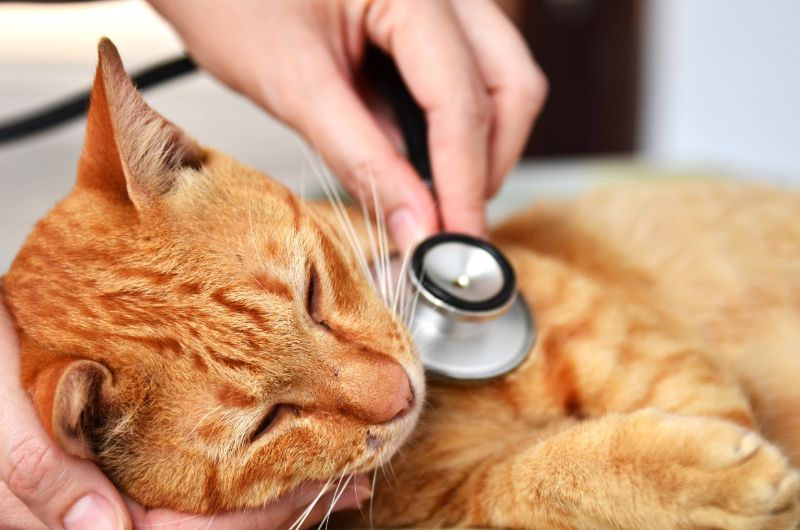Would You Know a Pet Emergency if You Saw One?

A pet emergency can come in many forms; from accidental poisonings, to being hit by a car or bitten during a fight with another animal. Some pet emergencies are much less obvious, however, making it difficult to tell whether or not your pet needs immediate medical attention or if you can just “wait and see.”
When it comes to any type of veterinary emergency, timing is critical and can mean the difference between a successful outcome and a tragedy. Knowing how to recognize a pet emergency should be in every pet owners arsenal, and the team at East Sacramento Veterinary Center can get you started!
Recognizing a Pet Emergency
Although some health threats are immediately obvious, many are much more subtle. It’s up to the pet owner to decipher what constitutes a pet emergency, and to seek help for their pet right away.
If your pet is experiencing any of the following situations, contact us right away:
- Physical trauma (such as being hit by a vehicle of falling from two or more floors)
- Fighting with another animal (even if there are no visible wounds)
- Choking or uncontrolled coughing
- Heat stress or heat stroke
- Ingestion of a toxic substance (antifreeze, rat poison, Xylitol, chocolate, etc.)
- Bleeding from the mouth, nose, or anus
- Any injury to the eye
- Broken bones or fractures
- Seizure
- Straining or inability to urinate
- Sudden disorientation
- Difficulty delivering puppies or kittens (more than 3-4 hours between each delivery or noticeable distress)
Acting on a Hunch
You know your pet better than anyone, and many a veterinary emergency has been detected by merely noting that a pet is acting “off”. Pay close attention to your pet’s habits and behavior, and note any changes you see. It’s never wrong to give us a call or to schedule an appointment for your pet to rule out a medical issue.
Other signs of illness/pain that may arise include:
- Excessive panting
- Unusual vocalization
- Vomiting/diarrhea that continues for over 24 hours
- Restlessness
- Limping
- Difficulty breathing
- Loss of appetite
- Wincing, moving away, or reacting aggressively when touched in a certain area
- Swollen, hard abdomen
- Collapse
Be Prepared!
Having a few things ready ahead of time can lower your stress and allow you to react more quickly during a pet emergency. Gather your pet’s health care items in one easy-to-access location, including their medications, medical records, first aid kit, leash, collar, and carrier/crate. Program our number and the number/location of the nearest emergency veterinary clinic into your phone, or store it with the other items.
We hope you never have to experience a pet emergency, but knowing what to look for and being prepared can make all the difference. Please don’t hesitate to contact our staff for more information.
